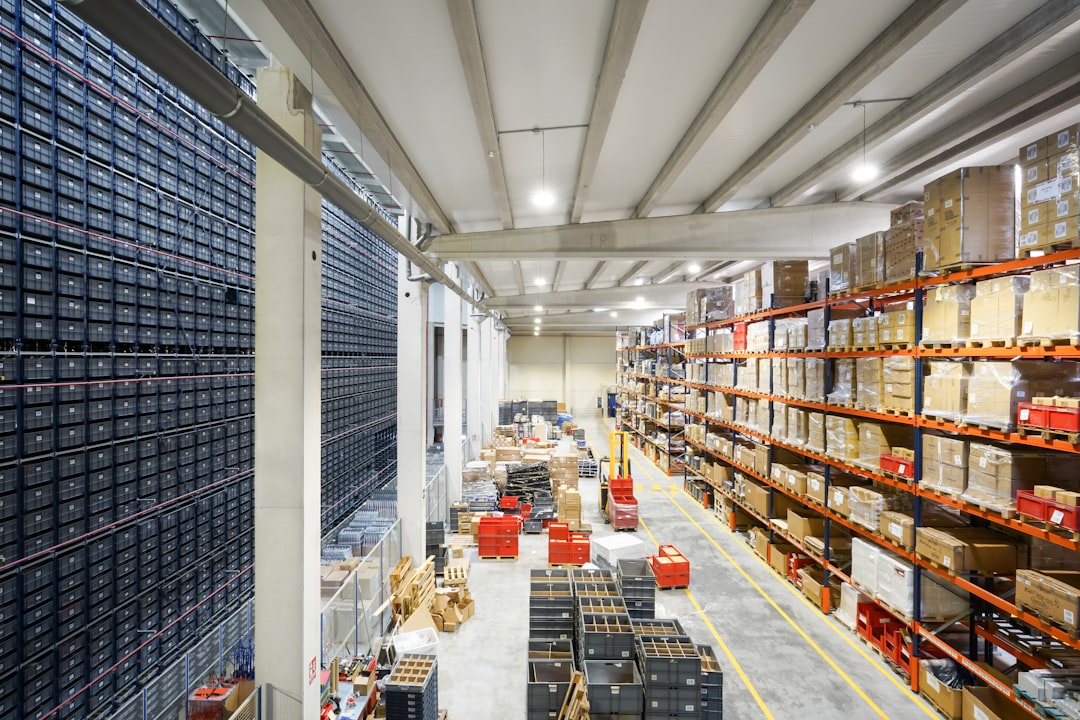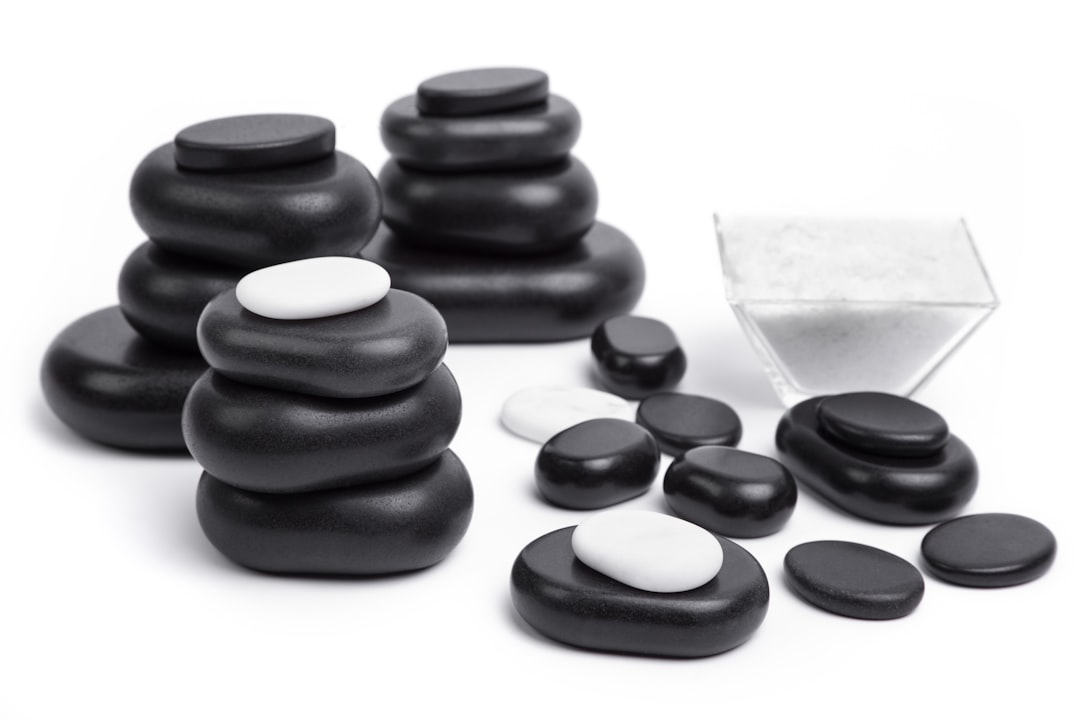FFKM O-Rings
FFKM O-Rings | Ultimate Chemical & High Temperature Seals
FFKM O-rings deliver the highest chemical and temperature resistance (roughly -15°C to +327°C). They are extreme chemical o-rings for strong acids/solvents/plasma/vacuum. Costly but lowest risk for critical assets.
On this page



What is an FFKM O-ring?
FFKM (perfluoroelastomer) offers near-universal chemical resistance and top-tier heat capability—extreme chemical o-rings for acids, solvents, plasma, and vacuum.
Typical window: -15°C to +327°C (grade-dependent). Closest to PTFE chemically, while remaining elastic for sealing.
Composition & Properties
Perfluorinated backbone yields PTFE-like inertness with elastomeric sealing. Used in semiconductor, chemical processing, pharma, plasma/vacuum equipment.
- Hardness: 70–90 Shore A; common 75/80A with low compression set at high temperatures.
- Chemical: resists nearly all acids/bases/solvents/fuels/gases; very few exceptions.
- Heat: can sustain ~300°C class; short-term higher depending on grade.
Temperature Range
- Continuous: about -15°C to +327°C (grade-specific).
- High-temp: maintains low compression set at elevated temperatures; ideal for hot reactors and chambers.
- Low-temp: less flexible than silicone/NBR; ensure adequate compression at low temp.
Chemical Compatibility
- Good for: strong acids/bases, ethers/ketones/esters, aromatics/chlorinated solvents, fuels, oxidizers, plasma/vacuum.
- Rare exceptions: some fluorinated chemicals or molten metals—verify.
- Clean/particulate: semiconductor/vacuum grades available for low contamination.
Advantages
- Ultimate chemical resistance: suitable for nearly all media.
- High-temperature endurance: ~300°C class with low compression set.
- Clean options: semiconductor/vacuum grades with reduced particles.
- Lowest risk: best choice for critical equipment and costly downtime.
Applications
- Semiconductor/vacuum/plasma: reaction chambers, vacuum flanges, chemical lines.
- Chemical processing: strong acids/bases, aromatics/chlorinated solvents, high-temp reactors/pumps/valves.
- Pharma/fine chemical: combines cleanliness and corrosion resistance.
- Oil & gas/energy: extreme-service seals, alternative to metal seals for easier installs.
Size Coverage (AS568 / Metric)
- AS568 and metric/large/custom profiles available; batch labeling for traceability.
- Common 75/80A; custom colors/batches if needed.
- Compression/extrusion/finish guidance provided for hot/chemical service.
Ordering & Traceability
- Plan ahead for critical media; batch photos/barcodes for traceability.
- Share media/temp/pressure/cleanliness needs to match semiconductor/industrial grades.
- Mixed MOQ 1; custom large/odd sizes and colors available per project.
FAQs
- FFKM vs FKM: FFKM is far stronger in chemistry/heat; FKM is cheaper if compatible.
- Low temp? FFKM is modest at low temps—verify compression; consider PTFE/metal seals if needed.
- Ultra-clean? Choose semiconductor low-particle grades.
- Cost control? If compatible, downgrade to FKM/HNBR/PTFE; otherwise keep FFKM to minimize risk.
Installation & Selection Tips
- Compression: static 15–25%; choose moderate compression at high temp to limit set.
- Extrusion control: add backup rings for high pressure; groove Ra 0.8–1.6 μm.
- Storage: sealed, away from heat/light; avoid particulate contamination.